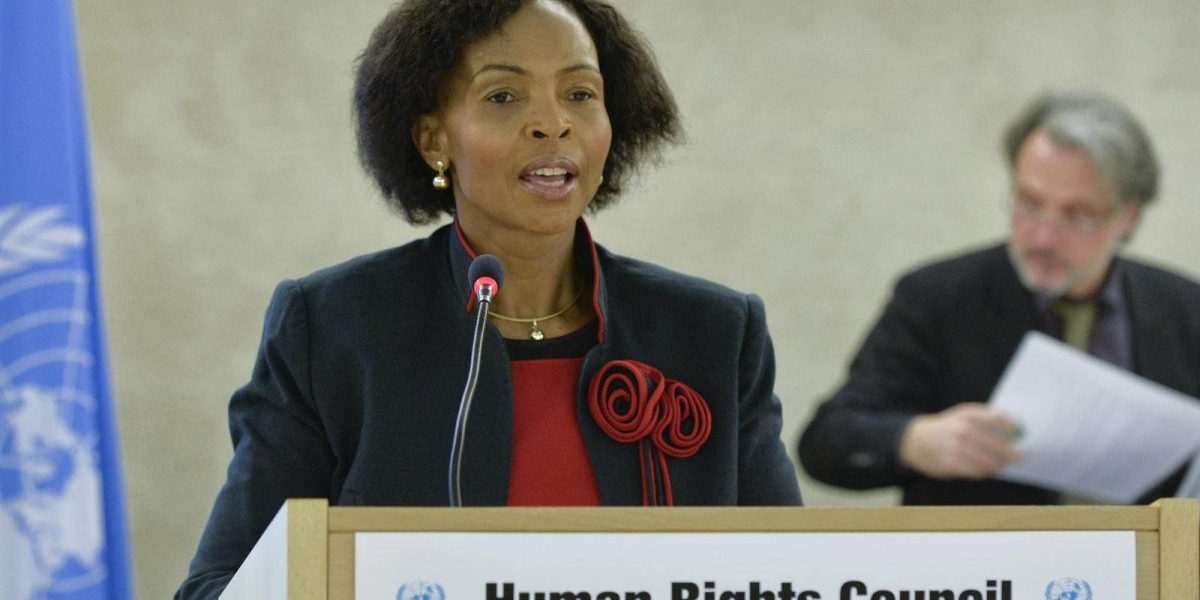Have such developments contributed to enhancing rather than discrediting further the consideration given to respect for human rights in international relations? Strict observance of state sovereignty, once a mainstay of international relations, has given way to a global concern to protect human rights wherever they are threatened. On paper, at least, Africa shares this international commitment in its establishment of monitoring bodies like the African Commission on Human and Peoples’ Rights and the African Union’s Peace and Security Council. But how central are human rights to the actual conduct of international relations by the continent? Are they merely a ‘variable concern’?
There are no simplistic answers to this question. Africa has long been committed to supporting the rule of law, safeguarding refugees, protecting women and children, encouraging youth participation, and promoting democracy. But, as ever, national interest still plays an important role when it comes to defining how the continent relates to the world.
Democratic South Africa’s opposition in the UN Security Council to the arrest of Sudanese President Omar Al-Bashir for crimes against humanity provides a case in point. This needs to be seen in the context of South Africa’s peacemaking efforts in several African countries, its role as continental spokesperson and the perspective that the continent is a victim of double standards. The Al-Bashir case, together with such issues as most of the continent’s rejection of sanctions against Zimbabwe, also speaks of a search for ‘African solutions to African problems’.
China’s emergence as an economic power and its quest for raw materials to supply its surging economy increasingly offer economic alternatives to the relationship conditionalities imposed by Western democracies on African countries. But China’s policy of non-interference in the internal affairs of its trading partners has the potential to foster corruption, fuel armed conflicts and encourage human rights violations.
African governments should ensure that their emerging foreign policy solutions, whatever they are, do not compromise the commitment they have already made to the democratic West to foster human rights and good governance.
SAIIA sincerely thanks those who acted as peer reviewers for this paper.








